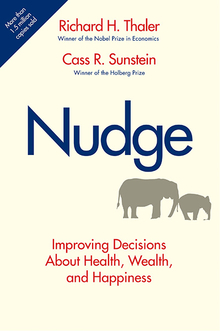It is no secret that Americans save very little: every economic index confirms as much. But to solve the real mystery, we must ask the questions, “Why?” “What are the effects on our economy?” and “What can be done about it?”
In this thoroughly researched and thought-provoking book, Ronald T. Wilcox clearly describes not only how the “savings crisis” adversely influences personal lifestyles over the long term but also how it can undermine our national wealth and standard of living. Wilcox cogently explains that savings are essential to fuel our nation’s economic growth, whether it’s putting money in the bank or in the form of direct loans to the government as savings bonds, for example. And, he presents unambiguous facts showing that a high proportion of current wage earners simply will not have enough money for self-support during retirement—and that the government safety nets for income and health can no longer be counted on. Most important, Wilcox examines the many rational and irrational reasons behind individuals’ failures to put money away, what third parties such as corporations and government can do to help, and the steps people can take today to help themselves.
The book is an attempt to reinvent thrift in the United States, to find practical ways to help people consume less and save more now so that we can be a richer people in the future and a more prosperous nation. It is a must-read for every corporate executive, policy maker, and concerned citizen.
Ronald Wilcox is professor of business administration at the Darden School of Business, University of Virginia. He lives in Charlottesville, Virginia. His expertise is in the area of marketing financial services, marketing and public policy, marketing research, pricing and auctions. Wilcox joined the Darden faculty in 2001. He is formerly an assistant professor at the Carnegie Mellon Graduate School of Industrial Administration and an economist for the U.S. Securities and Exchange Commission.
yalebooks.yale.edu














